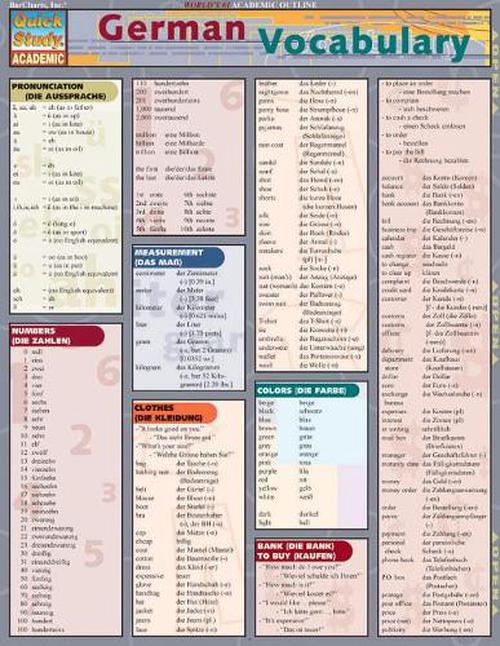

These vowels appear with two dots above them. The vowels that German doesn’t share with English are ä, ö, and ü. While the “ß” (called “scharfes S”) looks tricky, you can make it sound as a “ss.” In words like Buch (book) and Bach (stream), it sounds like the Scottish pronunciation of the “ch” in Loch Ness. In German, the “ch” sounds like the hiss a cat might make in words such as ich (I), mich (me/myself) and Licht (light). Let’s break down some of the more difficult sounds you may encounter with German words.

You can use this phonetic knowledge to pronounce long, multi-syllable words that otherwise might be overwhelming. Why are so many words capitalized in German?īecause German is a much more phonetically consistent language than English, German words almost always sound the way they are spelled. Wondering what’s the deal with all of these capitalized words? Find out on the Rosetta Stone blog,
#GERMAN WORDS IN ENGLISH PHRASE PDF HOW TO#
Learn vocabulary in an order that’s tried-and-tested to ensure better understanding of how to communicate effectively in German with Rosetta Stone.



 0 kommentar(er)
0 kommentar(er)
